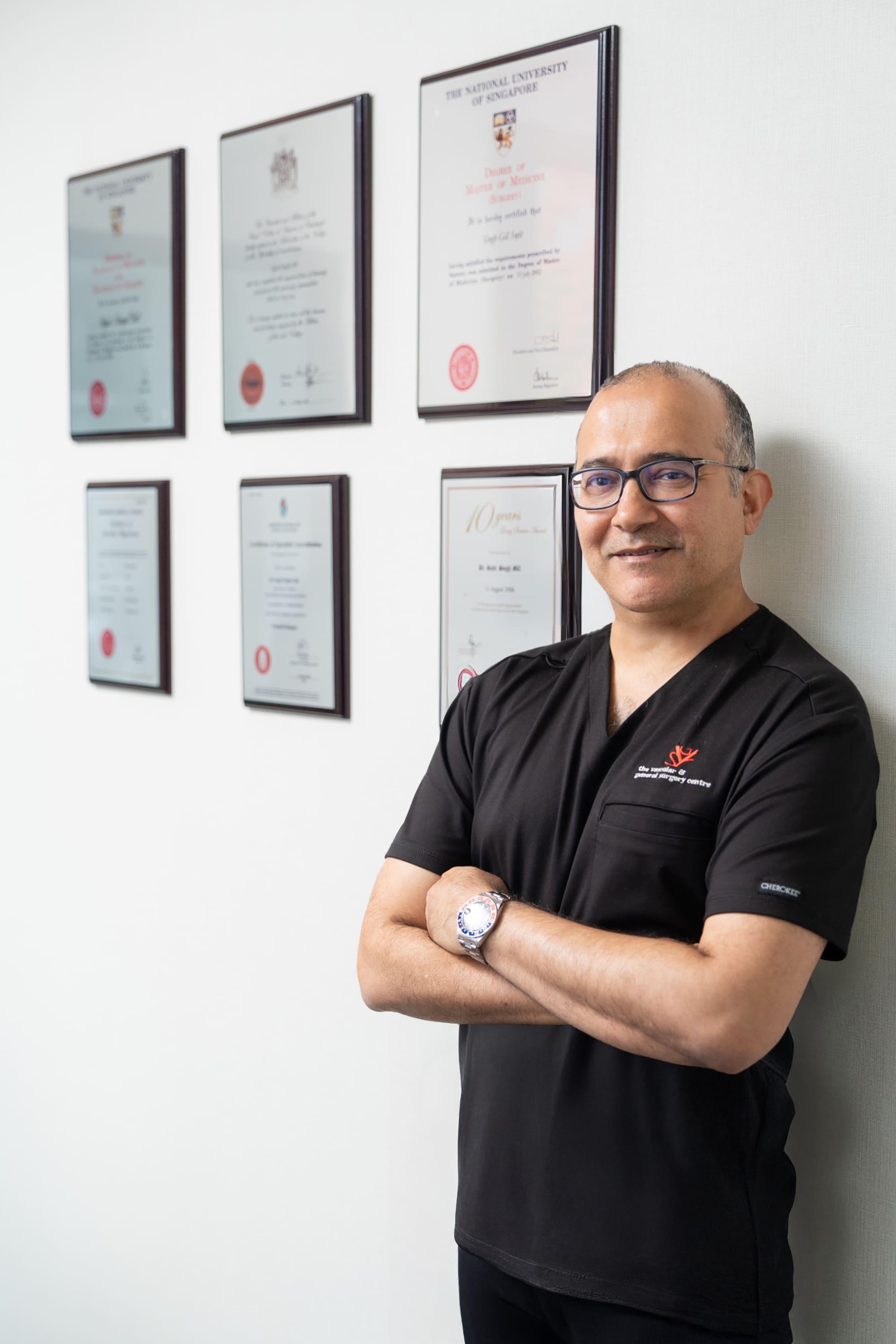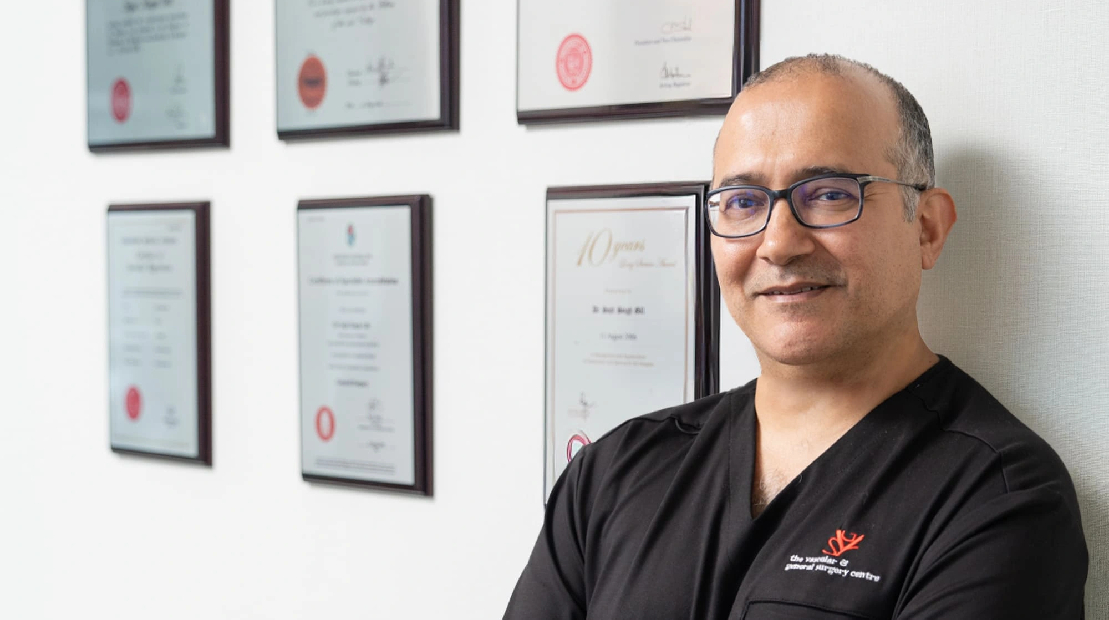Types of Hernias
Inguinal Hernia
This is the most common type, especially in men. It happens when part of the intestine or abdominal tissue protrudes through the inguinal canal in the groin. It may affect one or both sides and often causes a visible bulge in the groin or scrotum.
Umbilical Hernia
Common in infants, this type occurs when the abdominal wall near the belly button doesn't close completely after birth. Adults can also develop umbilical hernias due to obesity, pregnancy, or heavy lifting.
Hiatal Hernia
A hiatal hernia occurs when part of the stomach pushes through the diaphragm into the chest cavity. It’s less visible externally but may cause heartburn, chest discomfort, and acid reflux.
Incisional Hernia
This type of hernia can develop at the site of a previous surgical incision if the wound does not heal properly, allowing tissue to push through.
Femoral Hernia
More common in women, a femoral hernia forms near the upper thigh, just below the groin. Though less common, it has a higher risk of complications and may require prompt surgical treatment.




